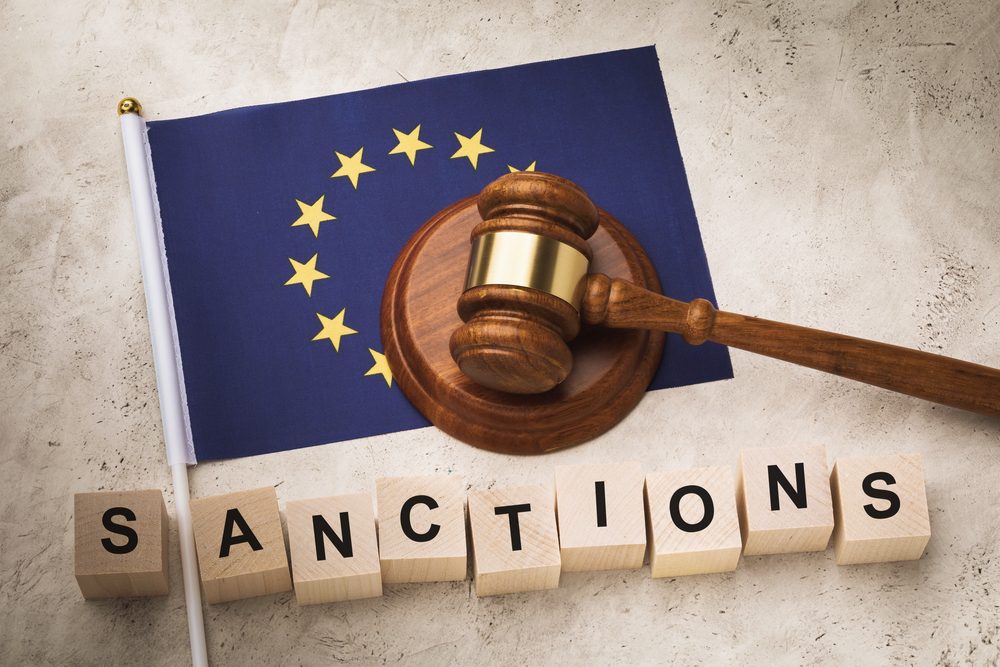
The Netherlands has proposed a new “sanctions enforcement headquarters” to be set up in Brussels to tackle the circumvention of EU sanctions by Russia and others, Euractiv reported.
As The European Conservative reported, the European Union has been struggling to properly enforce its sanctions on Russia. One example is Moscow’s move to transfer an entire fleet of oil tankers under UAE authority where they continued to operate uninterrupted.
The proposed new institution would serve as a place where EU members can pool information and resources to fight similar practices of sanctions evasion effectively.
“We currently have too little capacity in the EU to analyse, coordinate, and promote new sanctions,” said Dutch Foreign Minister Wopke Hoekstra, explaining the need for his country’s initiative. “That is why I would like us to set up a sanctions headquarters in Brussels, aimed at circumvention.”
According to him, the new body would work similarly to other established watchdogs, closely monitoring a list of high-risk sectors and trade flows to detect circumvention in time. Furthermore, under the proposal, companies operating in the EU would be “obliged to include end-use clauses in their contracts so that their products don’t end up in the Russian war machine,” Hoekstra added.
“The EU must use the full strength of its collective economic strength and criminal justice systems against those who assist in sanction evasion,” Hoekstra said, “by naming, shaming, sanctioning, and prosecuting them.” The proposal is already enjoying the backing of a dozen EU member states, including some of the bloc’s largest economies, such as Germany, France, Spain, and Italy, the foreign minister noted.
However, half the bloc’s support may not be enough to provide the new body with the ultimate objective: criminalising the violation of EU sanctions within and by members of the European Union. A draft proposal of this plan was submitted by the commission in May last year, but many members are understandably cautious about reforms pertaining to the EU’s criminal laws.
Outside the EU, nonetheless, the new sanctions enforcement body is set to have full authority, even to seize and freeze Russian assets and to directly refer the cases it uncovers to the EU’s general prosecutor.
In the foreign minister’s opinion, Europe will rely on sanctions even more in the future. “It is crystal clear that this will be a fundamental part of our future geopolitical toolbox, that we need more of this specific purpose, for this specific war,” Hoekstra said.
